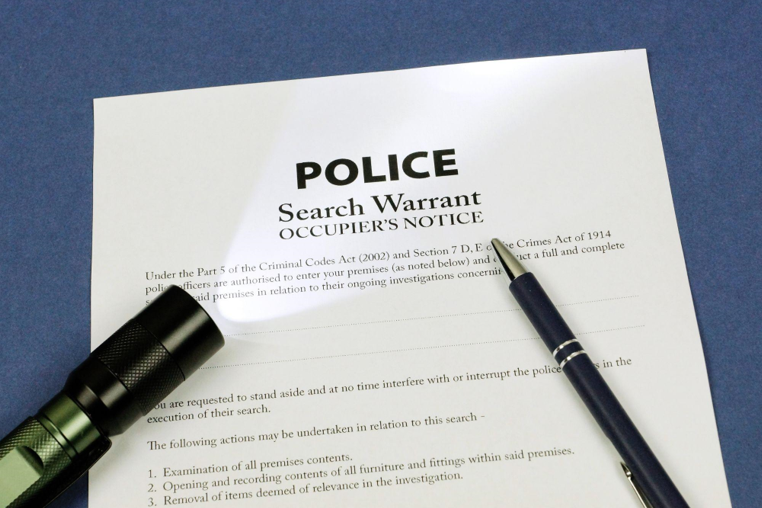If you had nightmares of some old parking ticket you forgot coming back to haunt you, you’re not alone. Many people ask, “Do warrants show up on background checks?” The answer isn’t always straightforward.
Warrants can be issued for all sorts of reasons. Maybe you missed a court date or have an unpaid fine. How they affect your background check depends on a few things. This includes the type of warrant, where you live, and the company doing the check. In some cases, a warrant might not show up at all. In others, it could be front and center. It’s a bit of a mixed bag.
But don’t worry—we’ll break it down for you in this blog post. We’ll look at different types of warrants, how they’re used, and what they mean for your background check. Plus, we’ll give you some tips on what to do if you find out there’s a warrant with your name on it.
Everything You Need to Know About Warrants
A warrant is a legal document issued by a court that authorizes law enforcement to take a specific action. There are a few different types of warrants, each with its purpose.
1. Arrest Warrant
Let’s start with the most serious one: the arrest warrant. This is when a judge orders the police to arrest you because you’ve allegedly committed a crime. It’s like a “wanted” poster, but instead of being plastered on a wall, it’s on file with the authorities.
2. Bench Warrant
This one’s a bit different. It’s issued when you fail to show up in court or disobey a court order. Think of it like a “Failure to Appear” notice. Having a bench warrant can lead to serious consequences, including fines, arrest, and imprisonment.
3. Search Warrant
This one’s pretty straightforward. It gives the police permission to search your home, car, or office for evidence related to a crime. It’s like a permission slip, but instead of getting you out of gym class, it lets the cops rummage through your stuff.
But here’s the thing: warrants aren’t always public knowledge. Sometimes, they’re only accessible to law enforcement or certain government agencies. That’s why it’s possible to have a warrant and not even know it.
Warrants and Background Checks
Okay, let’s answer the burning question—do warrants show up on background checks? The answer is: it depends. That’s because there are several factors at play here:
- State laws: State laws play a big role in whether warrants show up on background checks. Some states, like California, are super strict and only report active warrants. Others, like Florida, report all warrants, including ones that are years old.
- Background check providers: Companies offering background check services, too, have their policies when it comes to reporting warrants. Some might only include warrants from the past few years, while others might go back decades.
- Type of warrant: Generally, arrest warrants for felonies or violent crimes are more likely to show up on background checks. Search and bench warrants don’t usually show up—they aren’t reported unless it was something serious.
- Time frame: The age of the warrant also matters. Some background checks only report warrants from the past few years, while others may go back decades. It’s like a statute of limitations—but for warrants.
That said, please keep in mind that these are just general guidelines, and the specific factors that influence whether a warrant shows up on a background check can vary depending on individual circumstances.
What You Can Do? Take Control
So, you’ve got a warrant on your record. What now? Well, don’t panic—there are steps you can take to deal with it.
First, research local laws and regulations. Yes, we know it’s a snooze-fest, but the rules vary from state to state, so it’s essential to know what you’re up against. Plus, some states have statutes of limitations that limit the amount of time a warrant can remain active. If your warrant is older, it may no longer be valid.
Next, check for yourself. Use background check search tools to see if any warrants show up. If you find a discrepancy, report it and follow state-specific guidelines to get it removed. Additionally, be transparent with potential employers or landlords. No one knows your past more than yourself. If there’s nothing to hide, be honest about it.
A Warrant Doesn’t Define Who You Are
Believe it or not, having a warrant doesn’t define you. Take control, and take action. By being proactive and addressing the issue head-on, you can minimize the impact on your life and move forward.
So, take a deep breath, gather your courage, and start taking steps towards a cleaner slate.


